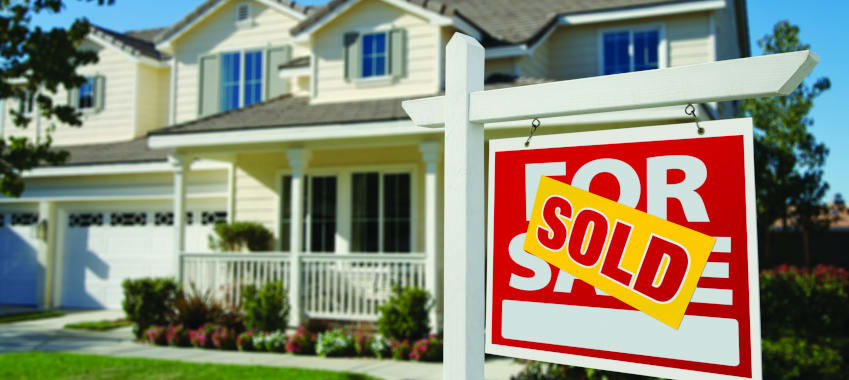
NSW’s First Home Buyer Choice has officially come into effect today, enabling buyers to opt out of paying stamp duty in favour of a property tax.
First home buyers (FHBs) purchasing owner-occupier properties of up to $1.5 million (or vacant land of up to $800,000) will be able to opt out of paying stamp duty and instead pay a property tax under NSW’s First Home Buyer Choice initiative, which officially comes into effect today (16 January).
To be eligible for first home buyer property tax, FHBs must move into the property within 12 months of purchase and live in it for six continuous months.
The scheme, which comes in addition to existing stamp duty exemptions and concessions, was first announced last year as part of the Perrottet government’s move to help lower the upfront costs of home purchases and “boost the rate of home ownership in NSW”.
It had been a transitional phase since 11 November 2022, when eligible FHBs who wanted to opt for property tax still had to pay stamp duty but could apply for a refund.
From today, eligible first home buyers who sign a contract of purchase and opt into property tax will not have to pay stamp duty.
Applications to choose property tax must be made through solicitors/conveyancers before settlement but can be revoked if the applicant makes an application to the chief commissioner to do so before settlement. They cannot opt out of the property tax following settlement.
It is expected the property tax option will be taken up by around a third of eligible FHBs.
What are the rates?
In 2022–23 and 2023–24, annual property tax rates for owner-occupiers will be $400 plus 0.3 per cent of the property’s land value (as determined by the NSW Valuer General).
The property tax can be paid in quarterly or annual instalments, like council rates, and will be assessed for a financial year (i.e. 1 July to 30 June).
Rates will be annually indexed (growing in line with gross state product per capita [a measure of average income]) from 2024–25 to ensure property tax “remains an affordable option for first home buyers”.
The NSW government has legislated that the property tax on an individual property can never grow by more than 4 per cent from one year to the next.
However, it has flagged that the property tax option may be more attractive to those expected to sell their home after a “short time”, as it may be more cost-effective to pay stamp duty if they intend to live in the home for a longer time frame.
The government has released a property tax calculator to help buyers understand which option would be more economical for them.
Should an FHB find that they can no longer afford their property tax, the government has said that a property tax deferral scheme will be available.
Where the chief commissioner is satisfied that a household is unable to meet their property tax payments, they will be permitted to defer those payments until their financial situation changes or the property is sold, according to the NSW government.
FHBs are also able to convert their properties into investment properties at a later date — however, a higher property tax will apply.
The annual property tax rates for residential investment properties will be $1,500 plus 1.1 per cent of the property’s land value.
How brokers reflect property tax on mortgage docs
Several lenders have already written to brokers outlining how they should be reflecting the property tax option on mortgage documentation.
For example, the Westpac Group has outlined that when completing the Serviceability and Funds to Complete section on ApplyOnline, they should input Stamp Duty payable as “$0.00” and then include the annual property tax amount under “Property Expenses” in the “Security” or the “Real Estate Asset” section on the “Financials” tab.
For owner-occupied properties, this should be done under the “O/Occ Strata, Body Corporate Fees & Land Tax” section.
For investment properties, this should be input into “Investment Property Costs (Including Insurance)”.
While the NSW First Home Buyer Choice scheme has been largely welcomed by buyers, brokers have previously flagged concerns around how the tax would impact serviceability — particularly as serviceability hurdles have been rising recently.
[Related: NSW land tax could lower serviceability, broker warns]

